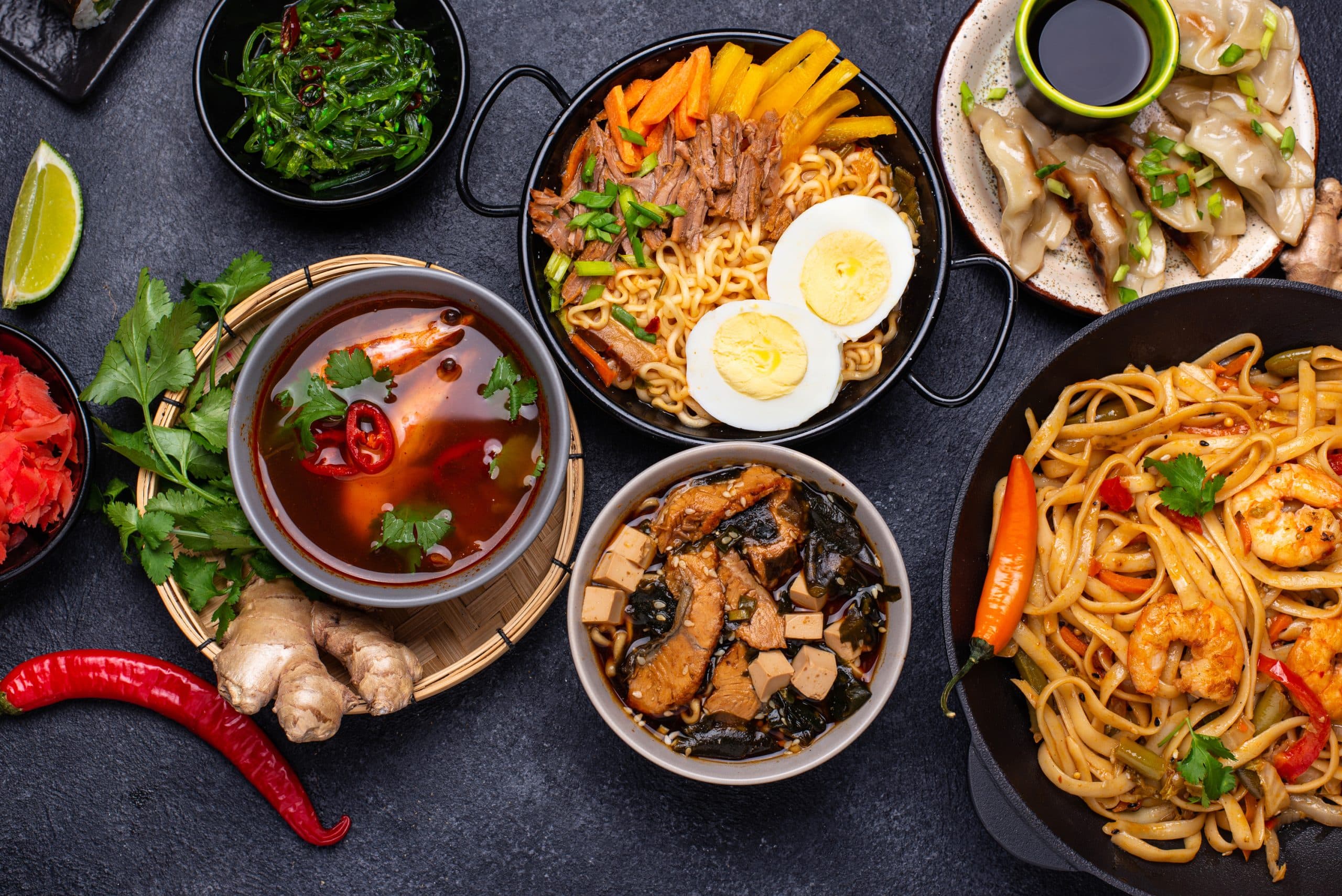What’s the Secret to a Perfectly Seared French Duck Breast with Orange Sauce?

You may have savoured a perfectly seared French duck breast with orange sauce at a luxury restaurant and wondered: "How do they achieve such succulence, tenderness and taste?" Don’t worry; the secret is not beyond your reach. It’s in the technique, quality of ingredients, and, importantly, the patience and care you put in. This guide aims to reveal the hidden chef in you and walk you through the process of creating this sophisticated yet straightforward dish.
Choosing and Preparing the Duck Breast
Firstly, it all begins with selecting the perfect duck breast. Look for breasts that are plump with a thick layer of skin and fat. This layer is the magic that provides the crispy exterior and juicy interior. If you are unable to find fresh duck breasts, frozen ones can still create a delicious meal. Remember to thaw them properly before cooking.
Dans le meme genre : How to Make a Refreshing Indian Lassi with Mango and Cardamom?
Before you begin cooking, it’s important to prepare the duck breast. Start by patting it dry with a paper towel. This step is crucial to achieving a nice sear. Once dry, score the skin and fat without cutting into the breast meat. Scoring helps render the fat and makes the skin crispy when cooking.
Season the duck breast on both sides with salt and pepper. Remember to season generously; this is not the step to be shy.
Dans le meme genre : Discover the rich flavours in our french mustard collection
Mastering the Searing Technique
Searing the duck breast is where the magic happens. Start by placing your duck breasts skin-side down in a cold pan. You can use a cast-iron skillet for the best results. Then, turn the heat to medium and let the breasts cook slowly. This method allows the fat to render without the skin burning.
You want the skin to become crispy and golden brown, which will take around 8 to 10 minutes. Once you’ve achieved this, turn the breasts over and cook the other side for another 4 to 5 minutes, depending on your preference for doneness. Cooking times may vary, so it’s best to use a meat thermometer to ensure the breast is cooked to your liking. The internal temperature should reach 52°C for medium-rare, 57°C for medium, and 63°C for well done.
Once cooked, remove the duck breasts from the pan and let them rest. Resting the breasts allows the juices to redistribute throughout the meat, ensuring a juicy and tender duck breast.
Crafting the Orange Sauce
While the duck breasts are resting, it’s the perfect time to prepare the orange sauce. This sauce is the show-stopper that elevates the duck breast to a new level of deliciousness.
Start by draining off most of the fat from the pan, leaving about 2 tablespoons. Add finely chopped shallots and cook until they become soft and golden. Next, deglaze the pan with a dash of vinegar, scrapping off the browned bits left from cooking the duck.
Add freshly squeezed orange juice and let the mixture simmer until it reduces by half. You can also include some orange zest to enhance the citrus flavour. Season the sauce with salt and pepper and let it simmer for another few minutes. Remember to taste and adjust the seasoning if necessary.
Serving the Duck Breast with Orange Sauce
The final step involves slicing and serving the duck breast with the orange sauce. You should slice the duck breast crosswise, revealing the tender, juicy interior and crispy exterior.
Arrange the slices on a plate and drizzle the orange sauce over the top. You can also serve the sauce on the side if you prefer. Garnish with fresh herbs or a sprinkle of orange zest for the final touch.
There you have it, a perfectly seared French duck breast with a delightful orange sauce. With a bit of practice and patience, you’ll be impressing your guests and treating yourself to a restaurant-quality dish in the comfort of your own home.
Tips and Tricks for a Perfect Duck Breast with Orange Sauce
In addition to the above steps, there are a few more tips and tricks that can help you perfect your duck breast with orange sauce.
First, choose a good quality, heavy-bottomed pan – preferably cast iron. This type of pan distributes the heat evenly and holds the temperature well.
Second, don’t rush the cooking process. A slow and steady approach is best for rendering the fat and achieving a crispy skin.
Third, always rest your meat after cooking. It may be tempting to cut into it right away, but resting allows the juices to redistribute, resulting in a juicier, more tender duck breast.
Lastly, always taste and adjust your orange sauce. Depending on the oranges, you may need more or less sugar, vinegar, or seasoning. Always taste before serving and adjust accordingly.
By following these steps and tips, you’ll soon master the art of creating a perfectly seared French duck breast with orange sauce. Enjoy the process, and most importantly, enjoy the delicious results.
Presenting your Dish and Pairing it with Wine
Your duck breast with orange sauce is now ready to be served and savoured. The presentation of your dish is the first thing your guests will notice, so it’s worth spending a few extra moments to make it visually appealing. Place the sliced duck breasts on a warm plate, carefully arranged in a fan shape. The crispy, golden-brown skin should be facing upwards, showcasing the beautiful sear you’ve achieved. Pour the orange sauce gently over the duck or serve it in a gravy boat on the side, depending on personal preference. Garnish with a sprinkling of fresh herbs, a twist of orange zest, or a few orange segments for an extra pop of colour and taste.
Choosing the right wine to pair with your duck breast with orange sauce can elevate your meal to a whole new level. A red wine like Pinot Noir is an excellent choice for its light, fruity notes and subtle earthiness. The wine’s acidity will cut through the richness of the duck fat and complement the sweet and tangy orange sauce. Alternatively, a full-bodied white wine such as a Chardonnay can also pair well with this dish, echoing the citrus notes of the orange sauce.
Conclusion: Mastering the Art of the Seared Duck Breast
Mastering the art of preparing a perfectly seared duck breast with orange sauce may take some time and practice, but the result is definitely worth it. It’s a dish that impresses not just with its gourmet appearance but also its complex mix of flavors: the crispy skin, the tender duck meat, the tangy sweetness of the orange juice in the sauce.
Remember, cooking is not just about following a recipe step by step. It’s also about understanding the ingredients and how they work together, adjusting as you go along. Don’t be afraid to experiment with different herbs or spices in your sauce or try searing the duck breasts a minute longer for a crispier skin.
Above all, enjoy the process and the satisfaction that comes from creating a delicious dish from scratch. Whether you’re cooking for a special occasion or a regular weeknight dinner, this seared duck breast with orange sauce is sure to be a hit. It’s a taste of French luxury you can recreate right in your own kitchen. And as you continue to perfect your technique, who knows? You might discover new secrets and tips to share with fellow home chefs. Until then, bon appétit!
